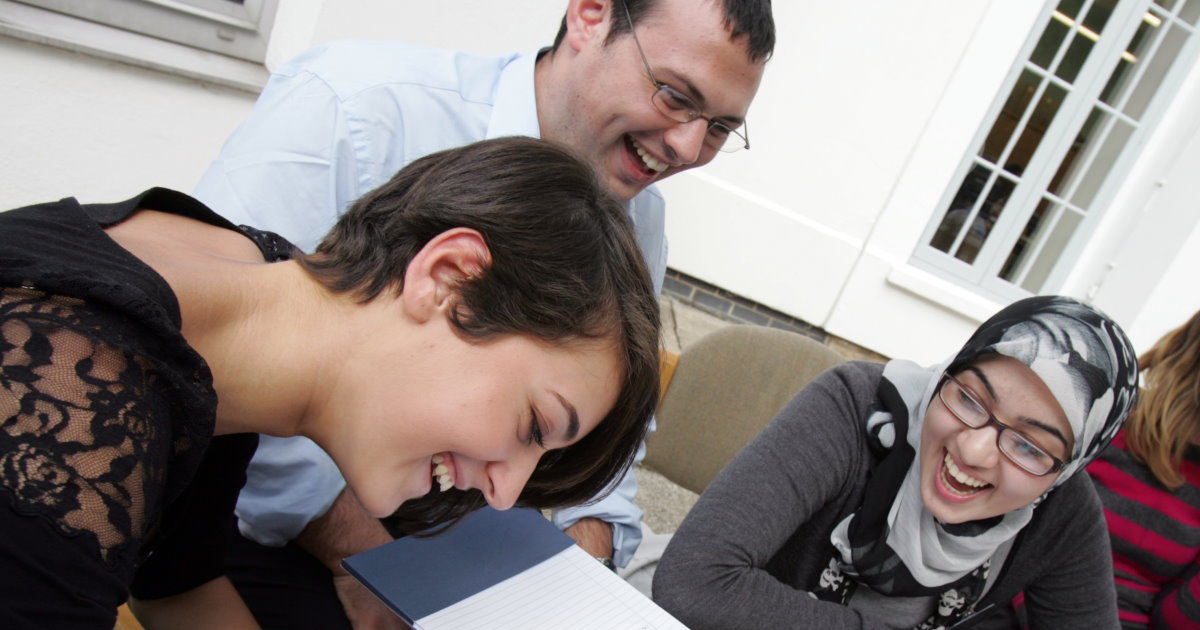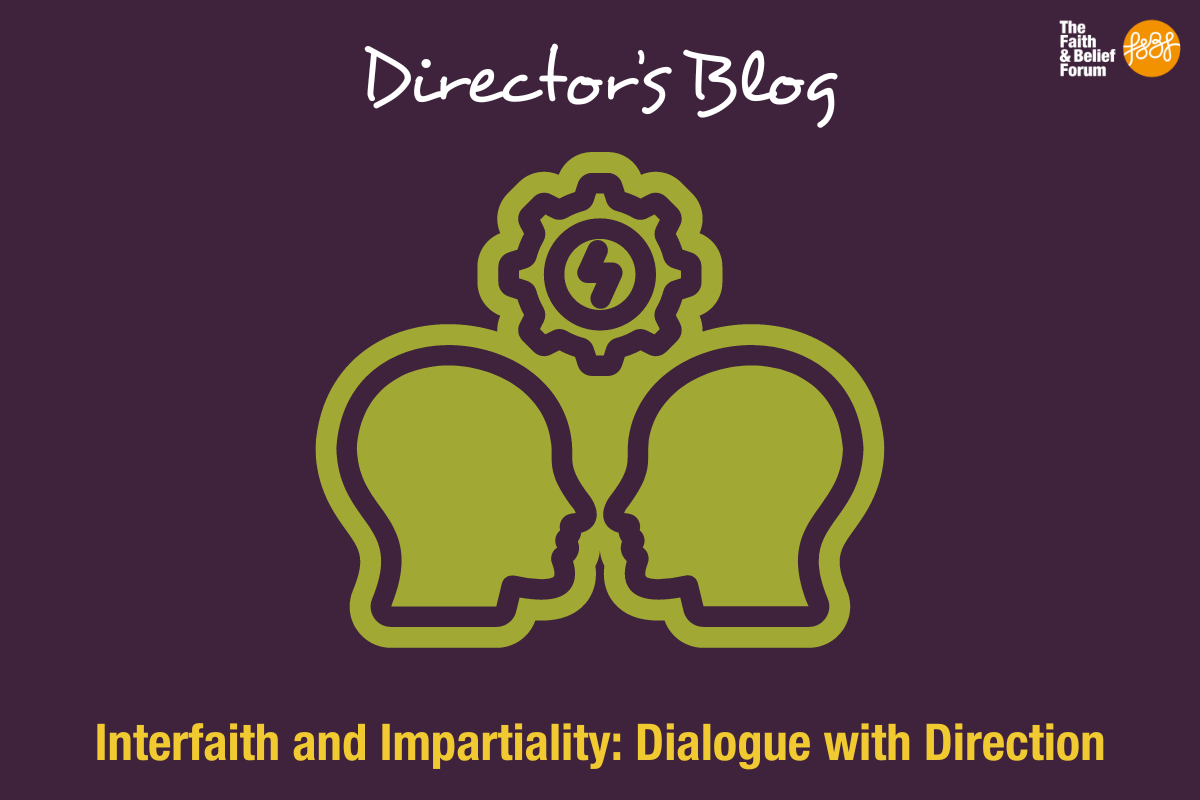
Challenging Faith Based Hate: True Stories
16 / 02 / 24
Menu

08 / 10 / 20

By Phil Champain, Director of the Faith & Belief Forum
A new report by Danny Kruger (MP for Devizes) was released on 24th September titled Levelling Up Our Communities: proposals for a new social covenant. It echoes a growing narrative about localism and the importance of community in the face of the current covid-19 pandemic. The report covers a broad range of issues, but at its centre is the assertion that communities must be at the heart of policy making that now needs to address the range of ‘chronic social challenges’ laid bare by the pandemic. It is heartening that the 20 proposals put forward in the report include ‘a new deal with faith communities, by which government supports a greater role for faith groups in meeting social challenges.’
Of course, these remain words on a page and such a broad report will require detailed consultations to translate words into action. However, picking out the issue faith groups meeting social challenge, the report does echo our own which explores the role of faith communities in strengthening social cohesion. Furthermore, our current local engagement in the London Borough of Barking and Dagenham (LBBD) and Walsall illustrates the range of local social challenges referred to in Kruger’s report, including how uncertainty and anxiety can fuel division and mistrust.
There is at once a shift towards the local – as people favour supporting local communities, local shops, businesses, friends, neighbours, and co-workers – and an exposure and exacerbation of inequality. For example, the Health Foundation has pointed to inequalities in how the pandemic has affected ethnic groups, with the black population four times as likely to die of covid-19 than average.
There is an opportunity now to rethink – something encouraged by our own report, Kruger’s, and others. For sure, much remains uncertain. For now, what we do know is that (1) we have yet to feel the full, multiple, impacts of the pandemic, (2) interest is focussed on the local, and (3) we must be agile in our response as it unfolds. We must take advantage of new opportunities to reconnect people and support those already doing so. Those people of faith and faith organisations already making a difference during these challenging times include many from our alumni network and from amongst those in places where we continue to engage with grassroots communities.
For example, and particularly apt this Black History Month celebrating the achievements and contributions of black people, ParliaMentors alum Izzy Obeng featured in The Times for her work supporting black-led start-ups during the pandemic. Other examples include Maya Ilany who received Lockdown Legend Award from Time Out recognising her work with ScrubHub, running community scrubs-making-hubs for NHS workers across the UK; and Maryyum Mehmood who founded the SHIFT, a new online platform for discussions about the intersections between faith and society.
So, what does this mean for us as we look ahead into the fog? At F&BF it is, perhaps, the interfaith methods we use that are implicated most – dialogue, encounter, training, storytelling, research, and social action (amongst others). What methods remain deployable? What are most effective? What needs to be put on hold? Given the shift towards localised, faith-based social action, we realise the need to encourage and support the interfaith dimension of such social action, building on what faith communities are already doing by supporting them to create new interfaith partnerships. This is our opportunity. To rethink how best to deploy our capacities in response to growing localism and social challenge.
Indeed, faith communities understand local issues, are aware of problems, and have relationships, networks, and volunteers. Furthermore, many recognise that they would be more effective if they were able to work together with other faith communities around them. However, our experience in places such as LBBD and Walsall suggests that often they need support to reach out to other communities to increase the scale and effectiveness of what they are already doing.
The pandemic has brought a new sense of urgency to addressing localised challenges. We are duty bound to provide greater impetus and support to meet them through interfaith social action. This will require an elaboration and development of the methods we use and the partnerships we need to harness – partnerships between different faith and civil society groups and between these groups and government. The Kruger report, I believe, is encouraging such partnership. There is an opportunity now to turn words into action – to forge and resource community based partnerships that will enable people from different faiths and beliefs to work together in solving local problems caused and/or exacerbated by the pandemic – to generate local interfaith social action with a value that is greater than the sum of its individual, single faith parts.
Strong partnerships will be central to effectively addressing the challenges ahead. Please get in touch if you are interested in talking with us about partnership working and interfaith social action.

16 / 02 / 24

15 / 02 / 24

16 / 01 / 24